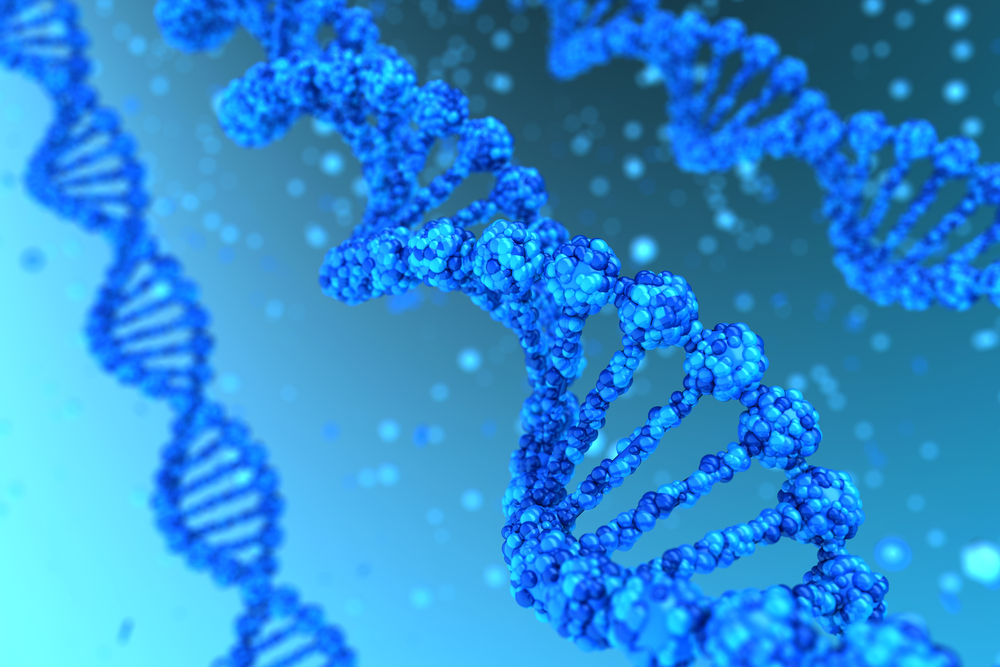Heart Arrhythmia in Myotonic Dystrophy Patients Traced to Mutant RNA in Study
Written by |

New research suggests that heart arrhythmia in myotonic dystrophy (DM) patients is caused by mutant RNA in the heart’s sodium channel. The study, which adds to the understanding of this symptom, was titled “Splicing misregulation of SCN5A contributes to cardiac-conduction delay and heart arrhythmia in myotonic dystrophy,” and published in Nature Communications.
DM, a common muscular dystrophy, is characterized by muscle wasting with major involvement of the cardiac system. Cardiac conduction in DM patients could be altered to cause irregular heartbeats, or arrhythmia.
While the disease has no specific treatment, a number of small studies suggest a few approaches and drugs. But these suggestions have been mostly disregarded, due to serious adverse effects and poor evidence of benefits. Current therapeutic approaches focus on managing complications, including cardiac arrest.
Proper therapeutic approaches, however, require in-depth understanding of the mechanisms involved in a disease’s onset and its gradual development. Some studies have suggested that abnormal splicing of the muscle-specific chloride channel constitutes a potential cause of DM, but the real cause of heart arrhythmia is still not fully understood. (This, despite the study reporting that 80 percent of all myotonic dystrophy patients have cardiac defects.)
Researchers, led by Masanori Takahashi, a professor at the Graduate School of Medicine at Osaka University in Japan, discovered that patients with DM have RNA splicing abnormalities in cardiac sodium channels, integral membrane proteins that form channels through which sodium ions are conducted via cells’ plasma membranes. The results revealed that sodium channels in DM patients are electrophysiologically compromised, causing heart arrhythmia.
Reproducing RNA splicing alterations in mice was sufficient to promote heart arrhythmia and cardiac-conduction delay, two predominant features of myotonic dystrophy. Moreover, computer simulation revealed that altered sodium channel function results in an abnormal electrocardiogram, similar to that observed in patients.
Based on these results, the research team believes that RNA splicing abnormalities in the sodium channel are responsible for heart arrhythmia in patients with DM, a cause of cardiac arrest and sudden death. These insights into the mechanism of DM disease may contribute to the development of therapies for the disease.





